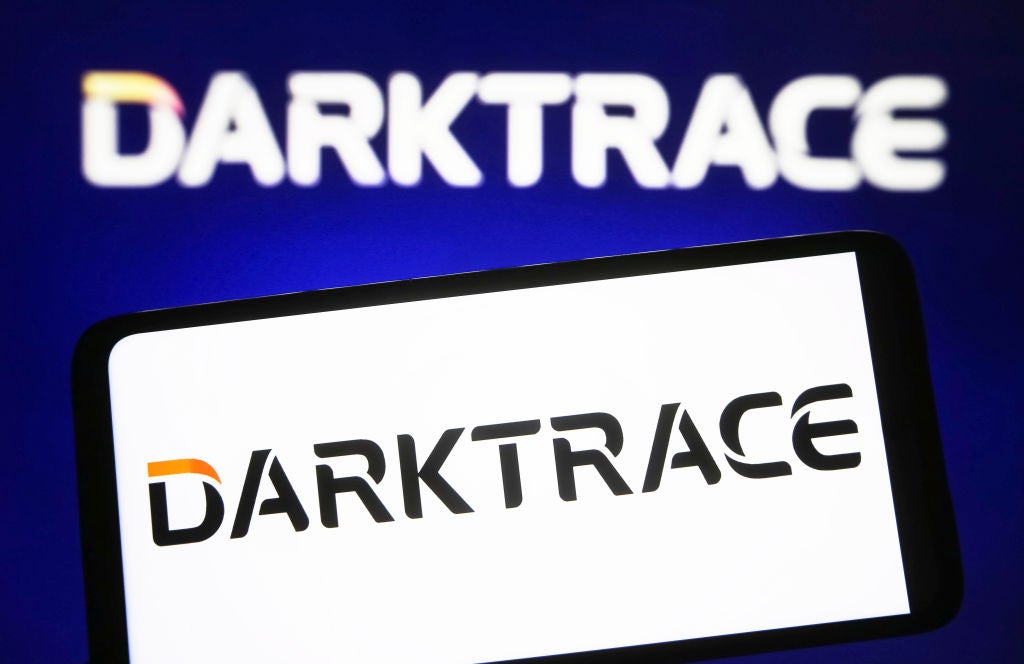
Whichever side of the Brexit debate you sit on, there is little doubt that sustained Brexit uncertainty has hampered the country’s economic potential. It’s no surprise to hear the technology community clamouring for the politicians to bring the uncertainty to an end – but not at the cost of a favourable outcome.
The Brexit wrangle is leaving many growing technology companies in a bind. For our annual Silicon Valley Bank UK Startup Outlook report, we took the pulse of UK entrepreneurs: About 60% of UK technology and life science leaders think business conditions will worsen or stay the same in 2019, the lowest level since we launched the survey six years ago. Reflecting this sentiment, the CFO of a software company told us, “Not only has Brexit delayed investment decisions, but it has also wasted a huge amount of time and effort on plan Bs.”
While technology entrepreneurs are not nearly as pessimistic as some surveys indicate leaders of other types of UK business are, the finding is nevertheless sobering. The UK’s fast-growing startup ecosystem will be a chief driver of and job creator for the economy of the future.
Focused on innovation and staying put
Even as three of four predict Brexit would have a negative impact on the innovation economy, our report underscores that UK entrepreneurs are continuing to hire and raise capital. A sizeable majority of technology startups have no intention of leaving the UK, with eight in 10 telling us that they are not thinking about moving their headquarters elsewhere.
While the startup community remains a haven of ambition and possibility, the decision to stay put could impact how these startups map their growth trajectory, with fewer businesses looking to expand beyond the UK. The slight majority of technology UK startups (55%) profess no plans to open a European outpost in 2019 and, as Britain’s future trading relationships with the rest of the world are largely TBC, the risks of international expansion may be too great for some startups to entertain.
However, they are realistic about the uncertainties around accessing European markets and talent from outside the UK post-Brexit. A significant number of startups (28% ) say they plan to open a mainland European outpost, with the CEO of one semiconductor company stating that “Recruiting has gone from painful to almost impossible, and we are opening offices in EU.”
How well do you really know your competitors?
Access the most comprehensive Company Profiles on the market, powered by GlobalData. Save hours of research. Gain competitive edge.

Thank you!
Your download email will arrive shortly
Not ready to buy yet? Download a free sample
We are confident about the unique quality of our Company Profiles. However, we want you to make the most beneficial decision for your business, so we offer a free sample that you can download by submitting the below form
By GlobalDataHow would Brexit affect hiring plans?
Access to technology talent remains the top public policy issue impacting entrepreneurs, and our findings show that Brexit may be exacerbating the ongoing recruitment problems faced by today’s technology-focused startups. The CEO of a semiconductor company told us his company is opening an office in the EU expressly to improve access to skilled talent. About one in four startups (28%) say they plan to keep their HQ in the UK but open an outpost in the UK.
Uncertainty regarding immigration rules, amid long-term hiring challenges, is making it more difficult to recruit skilled talent: Eight in 10 UK startups still plan to expand their workforces in 2019, but 33% say that finding talent is extremely challenging, up from 25% a year ago.
However, there are those who think that Brexit could end up improving access to talent from outside the EU, with the CEO of a software company stating that, “Being within the EU, with its freedom of movement, meant that the only way the Government could control immigration was by making it more difficult to source great people from the rest of the world. Hopefully, with Brexit, this at least will change.”
The impact of leaving the customs union, the ending of free movement of people and the possibility of diverging future regulatory regimes are all factors that make running pan-European operations more complex, especially for startups with limited resources. This is the new reality they face.
What shines through in our report is that startups generally remain optimistic despite Brexit, not because of it.
Find the right partners
Business conditions are unlikely to get easier for technology startups in the short term. Navigating this complex environment requires steady leadership as well as the ability to draw upon a range of experienced external partners when the biggest decisions need to be made – including whom to hire, how to finance expansion or whether an exit is in the cards.
Entrepreneurs are optimists by nature, and many simply won’t allow Brexit uncertainty to cloud their vision or compromise their business ambitions. We’ve built our business supporting clients with this spirit and we remain vigorous supporters of UK innovators.
Read more: UK tech industry holds its breath as Brexit hits crunch time






